-
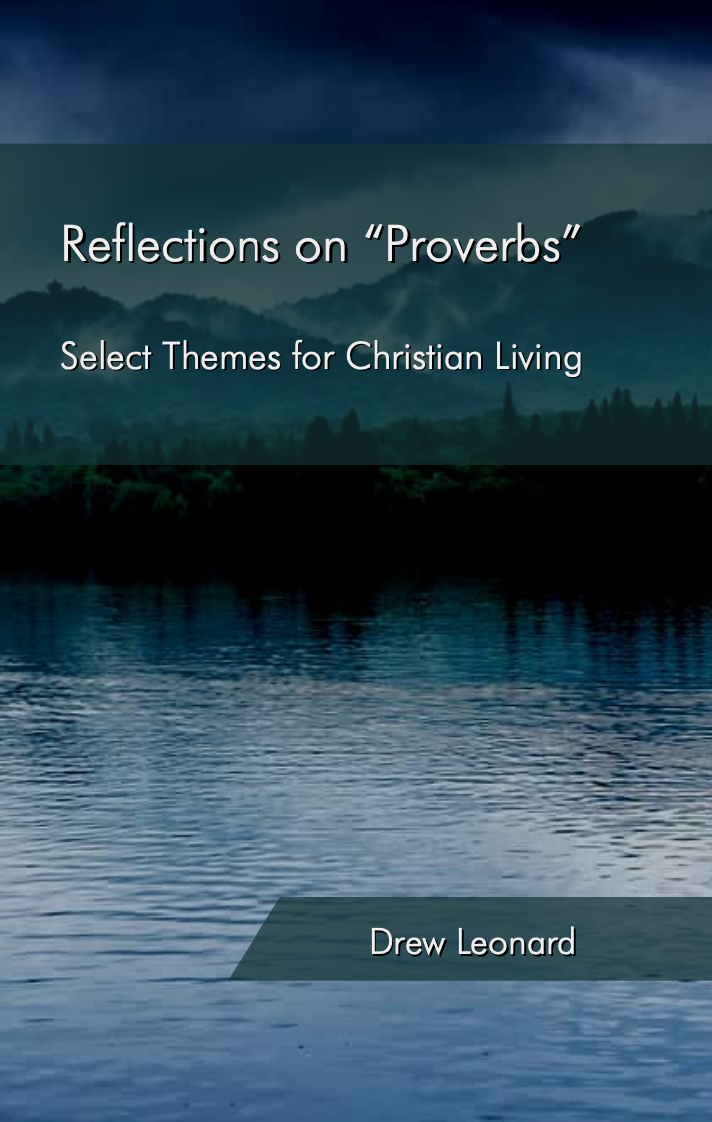
Reflections on Proverbs - Select Themes for Christian Living
The book of “Proverbs” is full of practical “wisdom.” It can reshape one's entire life if he/she will allow it. In this little book, only 3 themes within the book of “Proverbs” are explored: wisdom, friendship and family. If one will spend the time reading God's advice on these areas, praying for help and deciding to try to do better, he/she will find that God's way of approaching life in all areas is a “wise” way of living. In this book, Drew Leonard includes various features (such as sermon outlines, worksheets and alliterated points) for the Bible class teacher or preacher and also offers a number of relatable and practical stories about “life” and how God expects us to seek to do better in all areas. Maybe, you've struggled with “being wise,” “being a friend” or “being a good family member.” This book, with the text of “Proverbs” at the “front and center” can help you! So, grab your Bible, your pen and paper and begin to reflect on “life” in light of God's wisdom in the book of “Proverbs”!
-
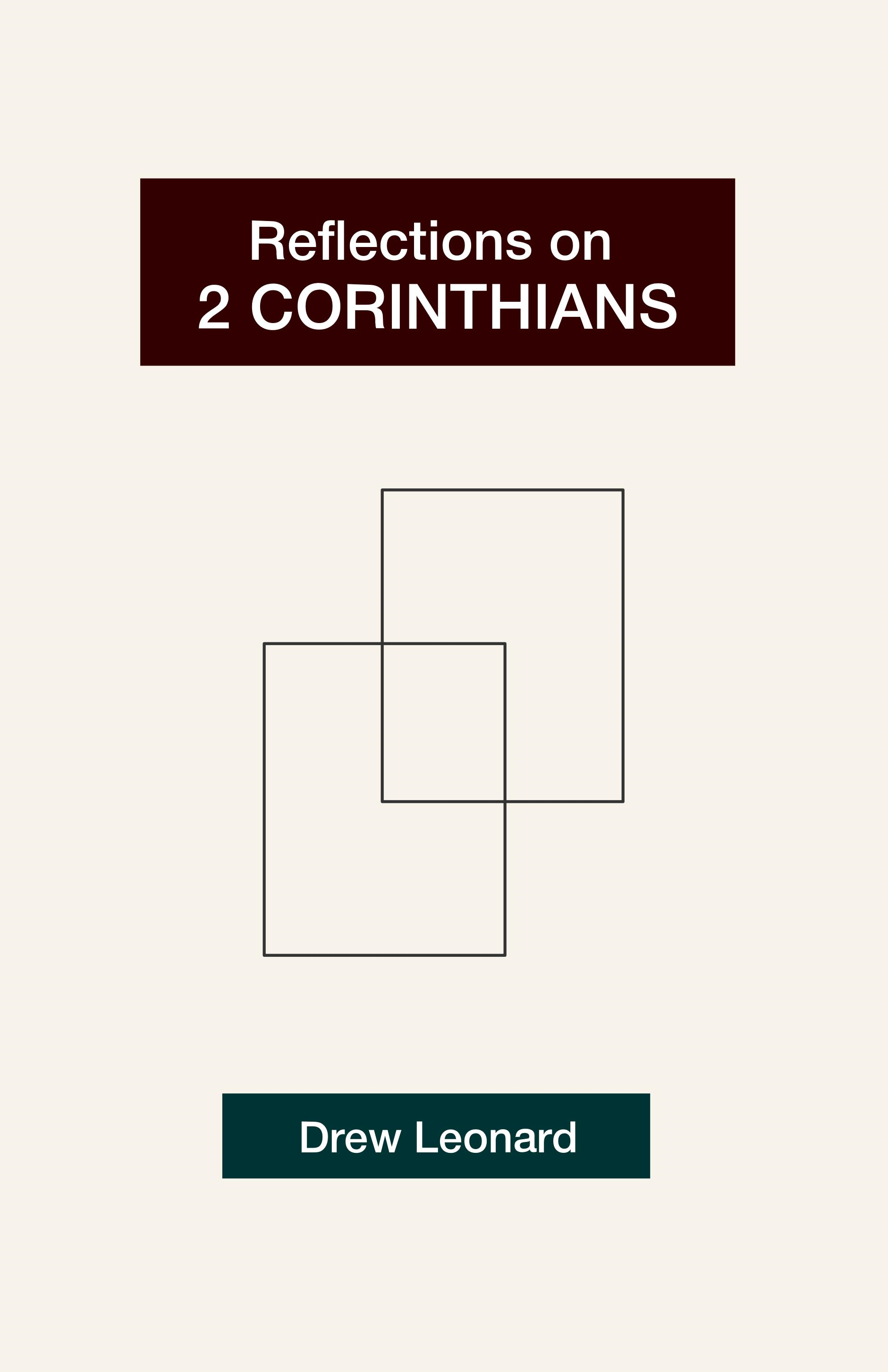
Reflections on 2 Corinthians
What is the purpose of “2 Corinthians”? Why is it studied so little? Why is Paul so sarcastic at times in the letter? Why does he mention his sufferings so often? How do saints “become the 'righteousness' of God”? What is “the veil”? Are marriages between Christians and non-Christians sinful? Who is “the offender,” and what “sorrowful letter” was associated with his painful work? And, what are we to make of Paul's “thorn” in “the flesh”? All of these questions – and more! – are addressed in this book. The argument that Paul makes in “2 Corinthians is tricky, but, if we give it some time and effort, we might start to uncover its' meaning, look into the mirror of the Messiah Jesus and make the necessary transformations! So, grab your Bible, your pad and your pen and begin reading “2 Corinthians”!
-

Substantive Faith
What kind of “faith” would you say that you have? Is it blind? Is it mindless? Is it non-existent? Or, is it full of and supported by “substance”? In this book, Drew Leonard sets out to tackle the biggest questions that should surround any individual's faith. Questions about God's existence, the reality about miracles, the reliability of the biblical text and the content within it, the resurrection of Jesus and the right approach to the “atonement” are handled in this book. Instead of lacking answers and feeling unsure, grab a pen, some paper and your Bible, and with the help of this book as a guide, begin to develop your own “Substantive Faith”!
-
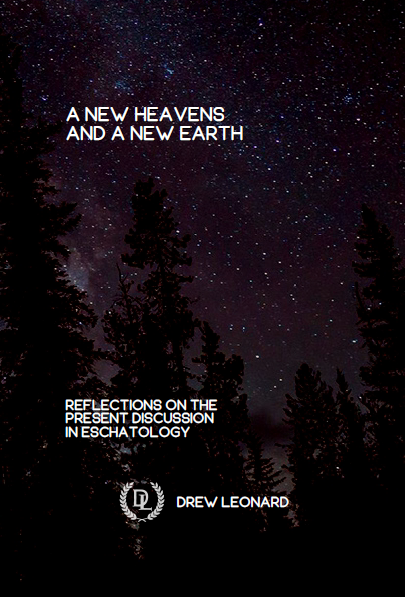
A New Heavens and a New Earth
What do you know about the phrase, “new heavens and new earth”? Have you spent time examining its use in both the Old and New Testaments? How do you think Isaiah intended to use the phrase in his message to the people of his day? Do you think that Peter and John are using it in the same manner or in a new way? And, what do you think of Jesus' remark about the “inheriting” of the earth, Peter's remark about the “restitution of all things” and Paul's discussion about the “redemption” of the “creation”? Will “heaven” be on a “renovated earth” or in an otherworldly abode? And, are there some texts that we've read poorly and need to re-examine? If you're interested in the questions above, then this book is for you! Starting with a model of how to read the remarks of the Old Testament prophets and their eschatological perspective, this book provides the reader with a solid, sensible approach, leaving the reader in a comfortable position to read the entire biblical portrait of what we can expect in our future, leading into eternity. So, go ahead, grab your Bible, a pen and some paper and start examining what the Bible has to say on the matter!
-
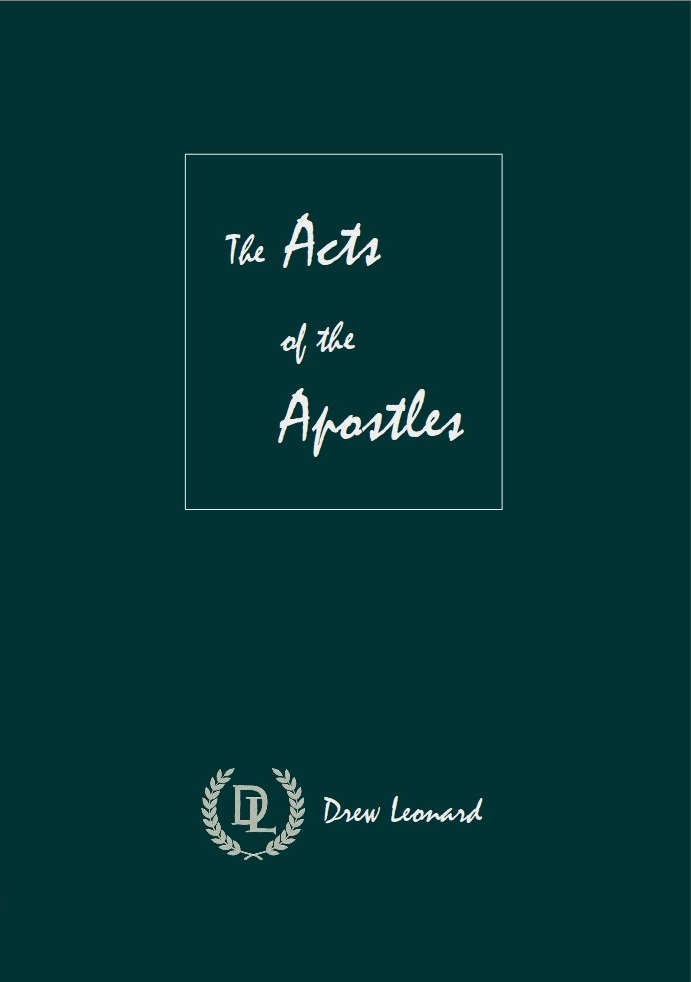
The Acts of the Apostles
Have you read about the events that followed the resurrection of Jesus of Nazareth? Did you realize that Jesus promised to send “the Comforter” in His place? Had you recognized that the Holy Spirit came and moved the early church to take Jesus' Gospel to the world? And, if you had realized all of that, have you taught the the book of Acts to others before? This book is designed for the Bible class teacher! It will help you analyze the text thoroughly, make sense of the difficult passages and provide questions for thought and discussion. Several books on Acts get “muddy” in discussing historical details and mere facts – and this book does some of that too! – but its thrust is to focus on the theological slant of the text and to help us locate ourselves and our place in the book of Acts! So, grab your Bible, your notepad and a pen and begin a study of the Acts of the Apostles!
-
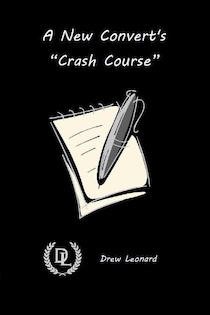
A New Convert's "Crash Course"
Are you a “new convert” or in contact with a “new convert? Have you recently told somebody about Jesus but don't know where to take them next? Maybe this book is for you? It explores various “fundamental” issues that are critical for one's being faithful as a “child” of God; it is designed for nearly all ages and set up to function like a workbook for “new converts” that are eager to learn! With a studied teacher, this book is bound to provide success!
-
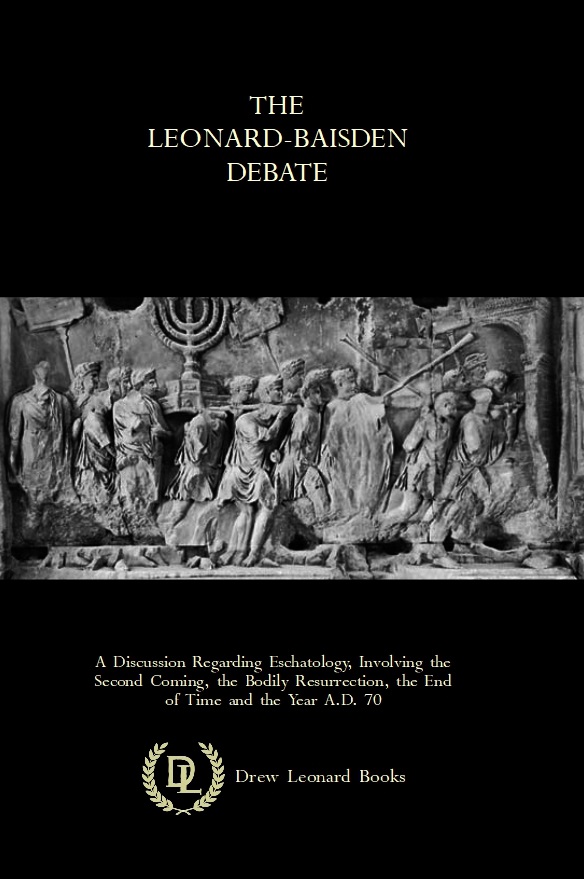
The Leonard-Baisden Debate
This is the literary form of the debate that happened on August 4th through August 6th of 2017 between Drew Leonard and Steve Baisden. Leonard affirmed that the resurrection and the second coming of Christ are yet futuristic; Baisden attempted to affirm that such was completely fulfilled in the fall of Jerusalem in A.D. 70.
-
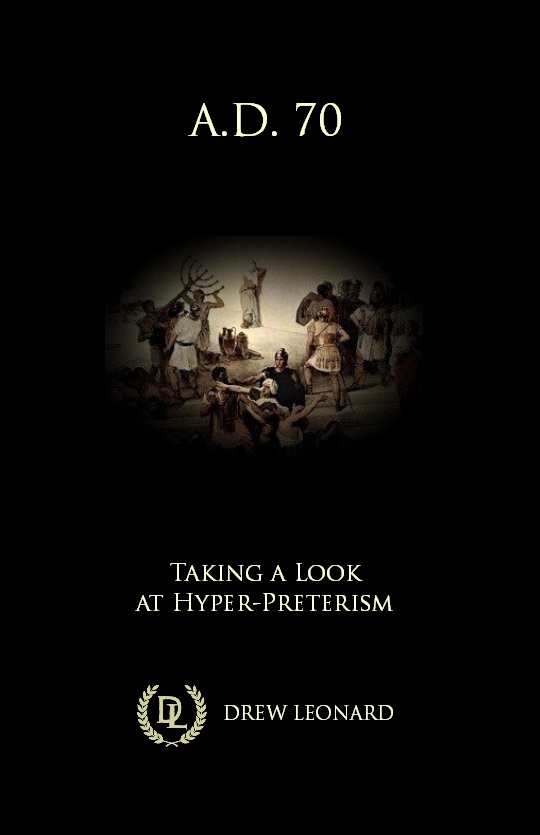
A.D. 70 - Taking a Look at Hyper-Preterism
Biblical eschatology is a subject that has intrigued people for years, but lately, a doctrine known as “Hyper-Preterism” has come to light among churches of Christ, being brought to the forefront by Max King, Don Preston and others. The “A.D. 70 Theology” goes by the name of “Covenant Eschatology,” “Transmillennialism,” “Realized Eschatology” and other names, teaching that the second coming of Christ, the end of the world, the bodily resurrection, the final judgment and other major events all occurred in the year of A.D. 70 with the fall of Jerusalem.
-
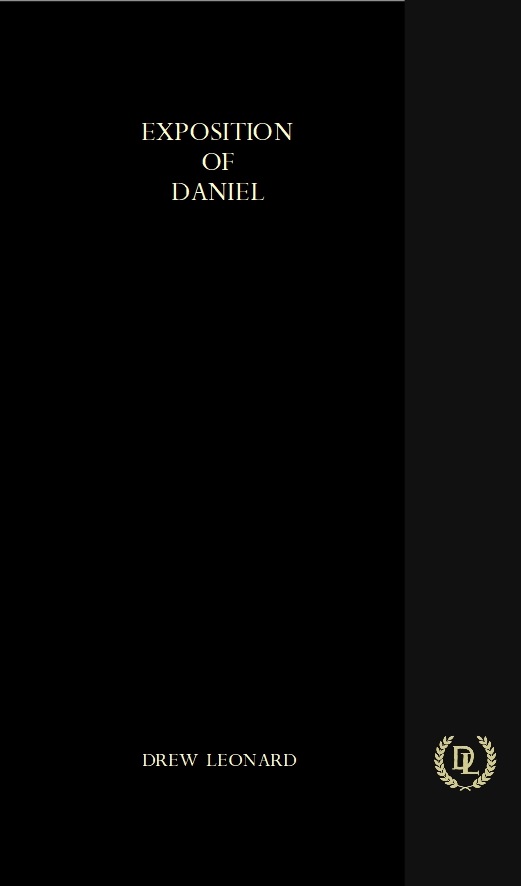
Exposition of Daniel
What does Daniel have to say about the resurrection? Who is Darius the Mede? What should one make of the beats that come up out of the sea? How should one interpret the “70 weeks” prophecy? Does Daniel ever speak beyond the days of Antiochus Epiphanes, or is he limited to speak about that era only? Who really wrote the book of Daniel? What are the four empires of the book that are really represented by the four sections of the image and the beasts? Who is represented by the “little horn” in the book? And, how does Daniel intend to use the phrase, “abomination of desolation,” and how does Jesus use the phrase in His own day? These are the kinds of questions that are addressed in this book. The entire text of Daniel is treated here, with attention paid to the major views that surround the book. In an understandable-yet-in-depth manner, this book will leave you with answers to your questions about Daniel's visions and prompt you to want to study other areas of the Holy Scriptures. So, grab your Bible, a pen and paper and study the book of Daniel for yourself!
-
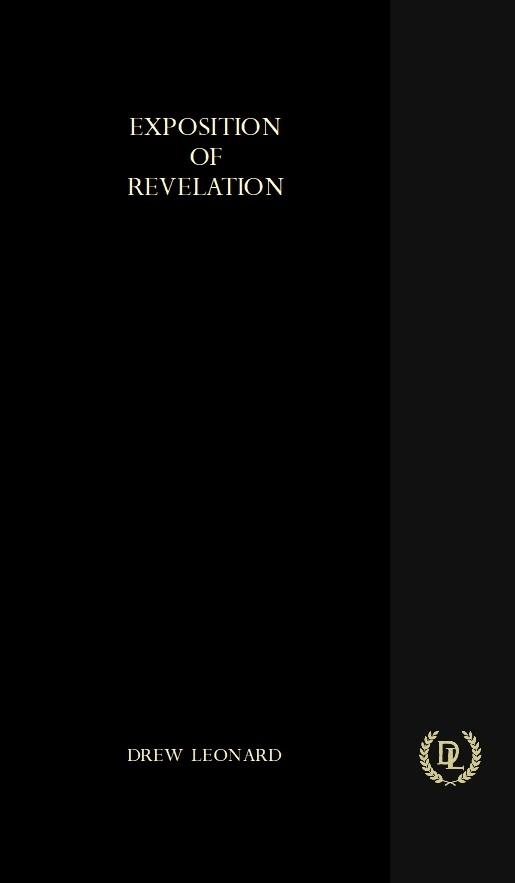
Exposition of Revelation
Who is the Lamb-Lion? Who is “the Beast?” What is meant by “the mark” of the Beast? Is Wallace right about the dating of John's writing before A.D. 70? Is nuclear war in our future? Did John speak about the Roman emperors? What does Jerusalem have to do with the book of Revelation? How could John say that the book was “near” in his own day? Did Jesus abandon His promise to “come quickly?” What is one to make out of the “new heavens and new earth?” And, is there any real way to approach these questions with objectivity, or must one either engage in guesswork or trust what the modern “experts” say about the end of the world? These are the kinds of questions that are addressed in this book. The entire text of Revelation is treated here, with attention paid to the major views that surround the book. In an understandable-yet-in-depth manner, this book will leave you with answers to your questions about John's Apocalypse and prompt you to want to study other areas of the Holy Scriptures. So, grab your Bible, a pen and paper and study the book of Revelation for yourself!
-
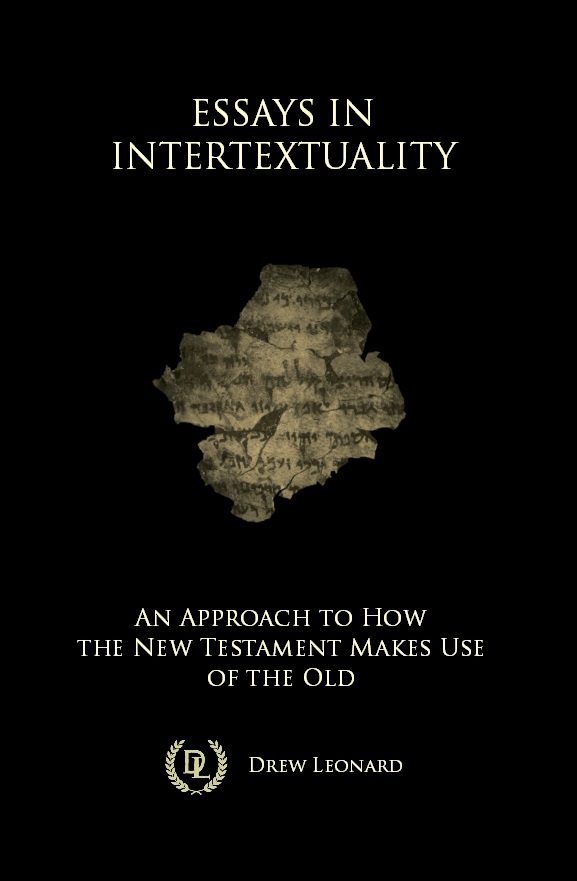
Essays in Intertextuality
In this work, one is challenged to think about the prophetic texts, the New Testament's use of the texts and the unity of the canon as a whole in a more creative, illuminating way. By providing the necessary exegetical tools and a framework for approaching the texts, this book will leave the reader more comfortable with approaching passages from both testaments, some of which are not even analyzed within this work. Within this work, one will not only become more familiar with a conservative, rational hermeneutic for approaching the biblical canon, but he will also start to see the intimate and creative ways in which God has worked with His people throughout history, climaxing in the events of the Jewish boy, Jesus.
-
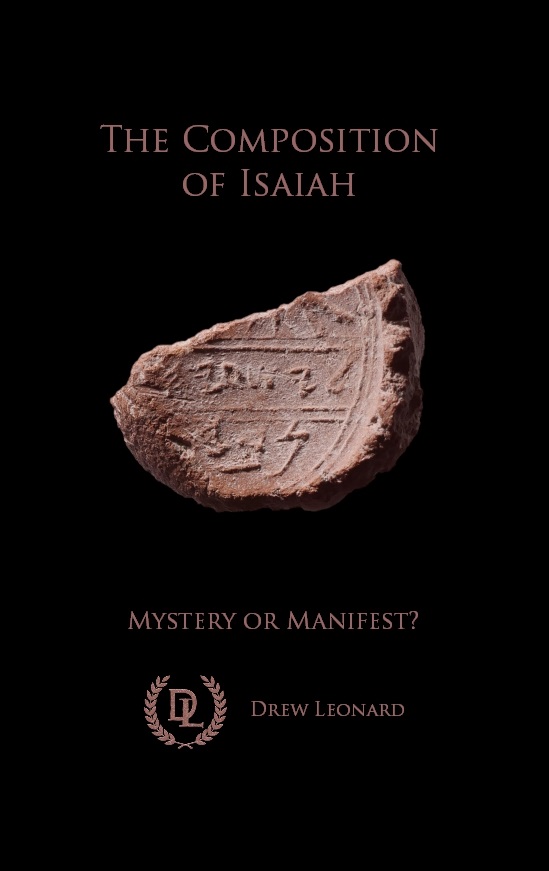
The Composition of Isaiah
Having consulted several of the leading scholars from both the older generation and today and from both liberal and conservative viewpoints, Drew Leonard invites you to consider the data of Isaiah's Old Testament text to see whether or not one can really say with confidence that Isaiah wrote the book bearing his name. What you might find inside this book might surprise you. So, get your Bible, your notepad and a pen and prepare to open your mind to the Old Testament “world” of Isaiah's text as the question of the authorship of the book is explored!

Subscribe to get scholarly articles and brotherhood news
I will never send you spam and it's easy peezy to unsubscribe at anytime.
© Copyright Drew Leonard 2026
